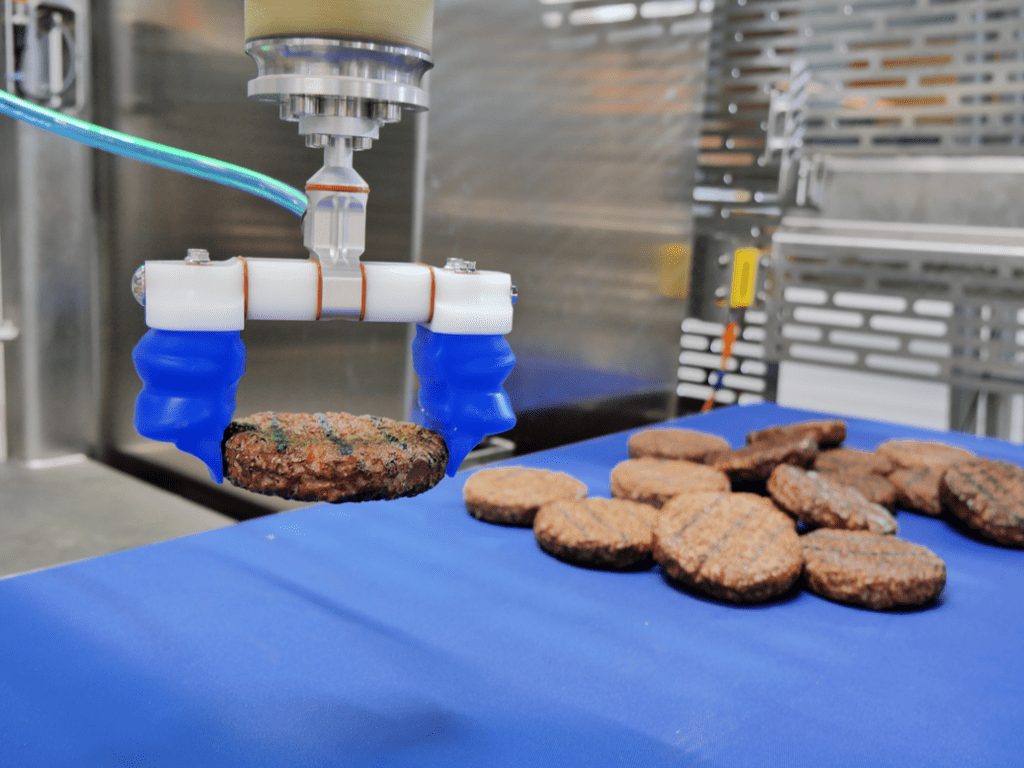By 2030, the French food industry will lose 41% of its current workforce—an alarming prospect that threatens food production in factories. With over 24,000 expected departures and positions already difficult to fill today, the sector is facing an unprecedented challenge.
The obstacles are piling up: an aging workforce, increasing recruitment difficulties, and demanding working conditions. The food industry must reinvent itself to survive. In response to these challenges, automation is emerging as a strategic solution to ensure business continuity and performance.

Integrating automated solutions helps offset labor shortages by reducing the need for human intervention in repetitive, strenuous, and physically demanding tasks. In particular, smart conveyor solutions play a crucial role in optimizing workflows and improving working conditions.
Benefits of automation in the food industry:
Acemia’s conveying and transitic solutions minimize human intervention in repetitive tasks while ensuring smooth and efficient production. Here are a few examples:
These innovations not only lighten operators’ workloads but also ensure a more consistent and high-performing production process.
Automation is a strategic lever for improving your production’s long-term competitiveness. By reducing dependency on labor and optimizing resources, it not only increases productivity but also enhances the industry’s ability to address economic challenges. Automated solutions allow operators to focus on higher-value tasks, such as equipment maintenance or quality control, while ensuring greater efficiency in production lines.
Investing in high-performance conveyor solutions means:
Automation is a major asset in tackling labor shortages in the food industry. It helps compensate for workforce shortages by optimizing processes while improving safety and production line performance. However, for automation to be fully effective, it must be tailored to the specific needs of each factory.
At Acemia, we design custom solutions that address the unique requirements of your production, considering your space constraints, production speeds, and hygiene standards. This ensures smoother, more efficient, and safer production.
Want to learn more about our smart conveying and transitic solutions? Contact us to discuss your needs!
